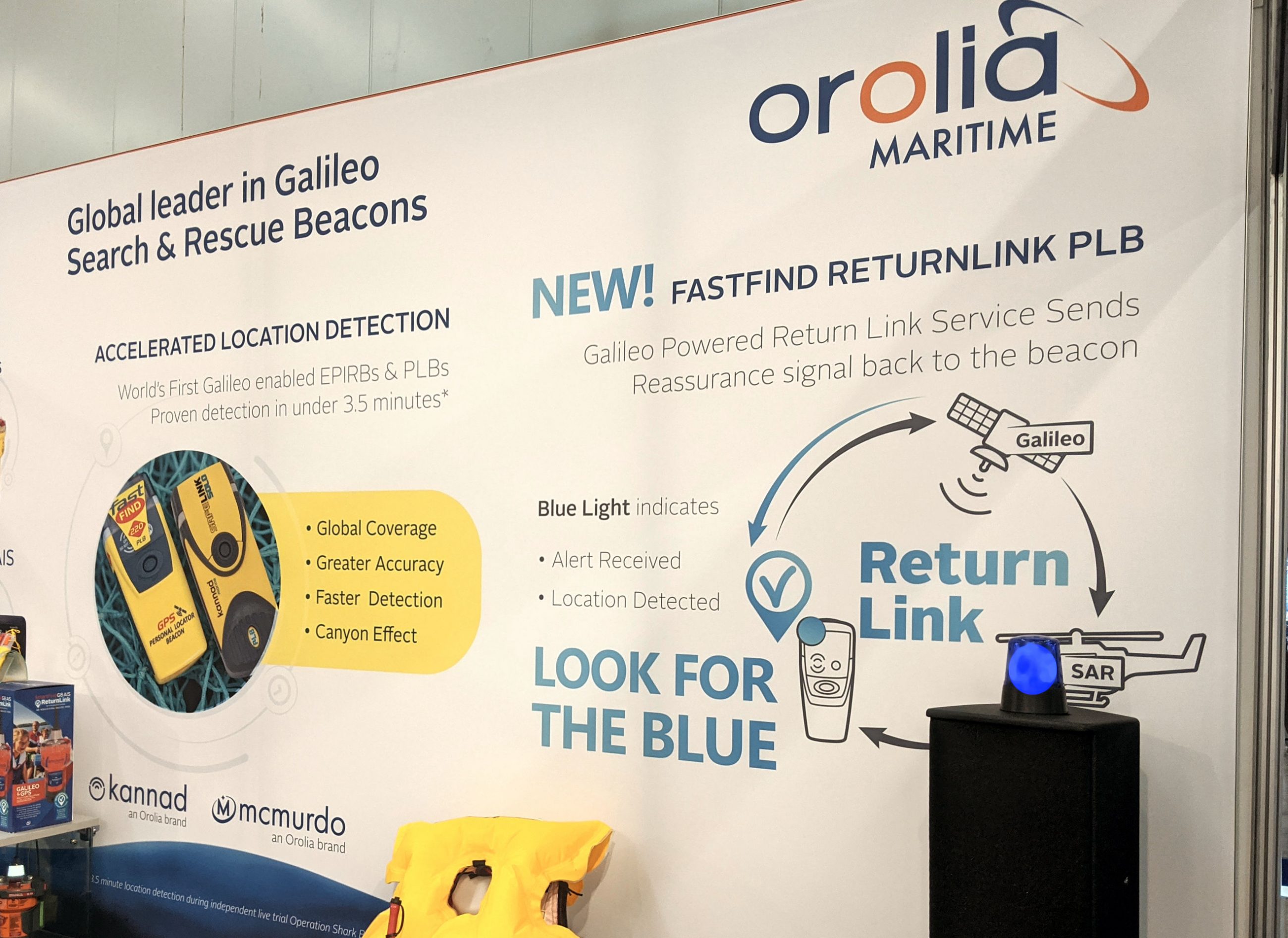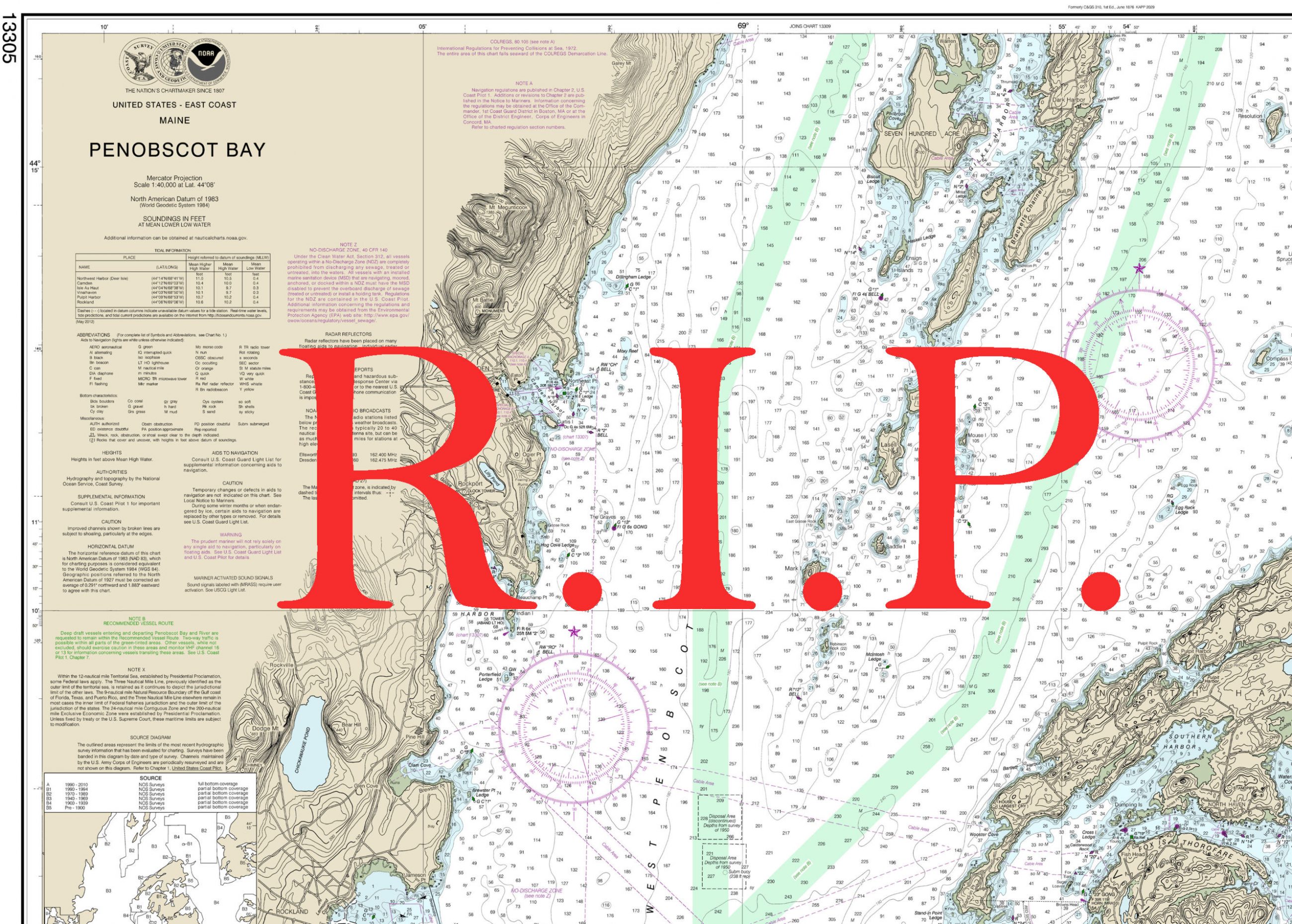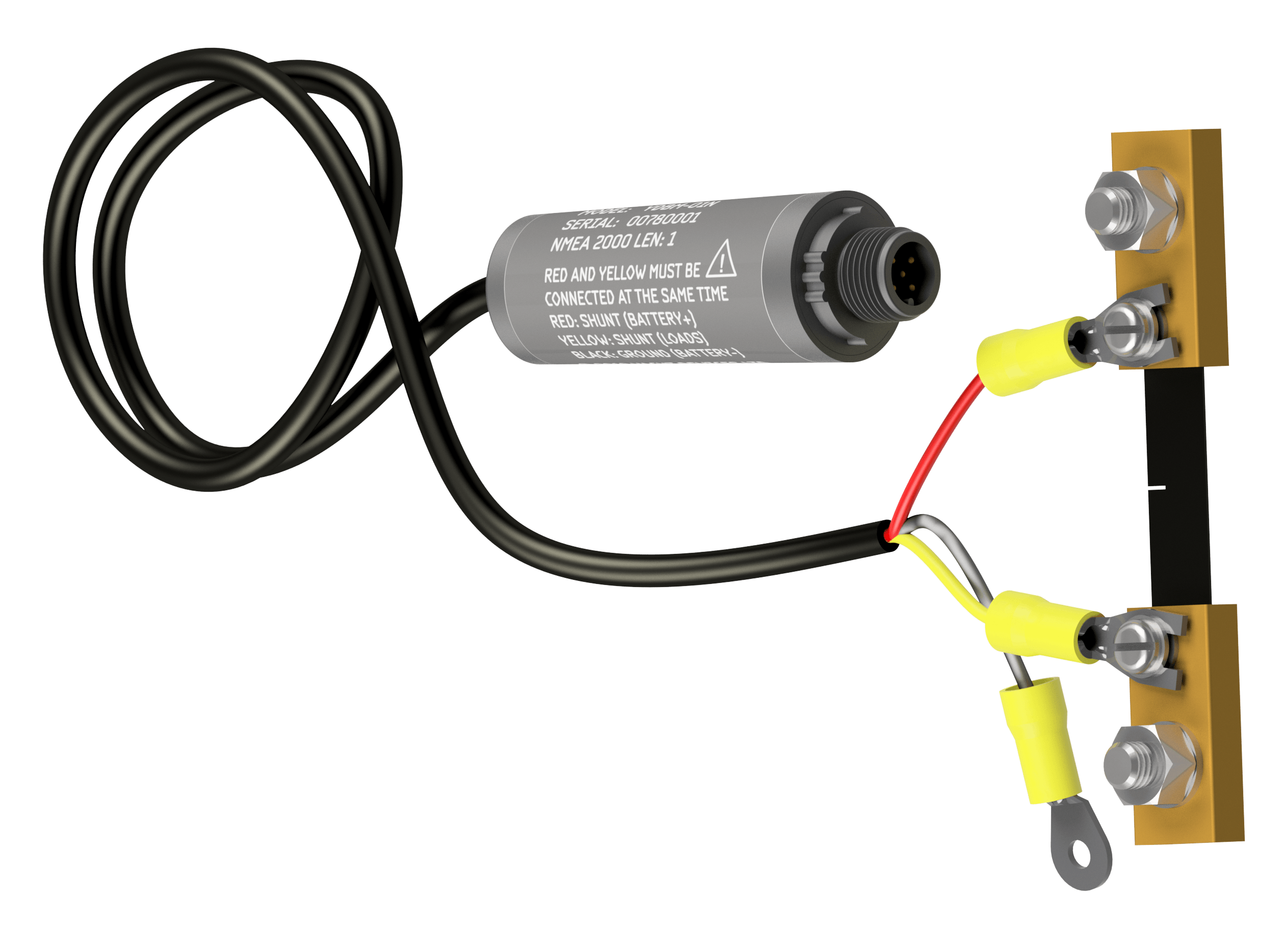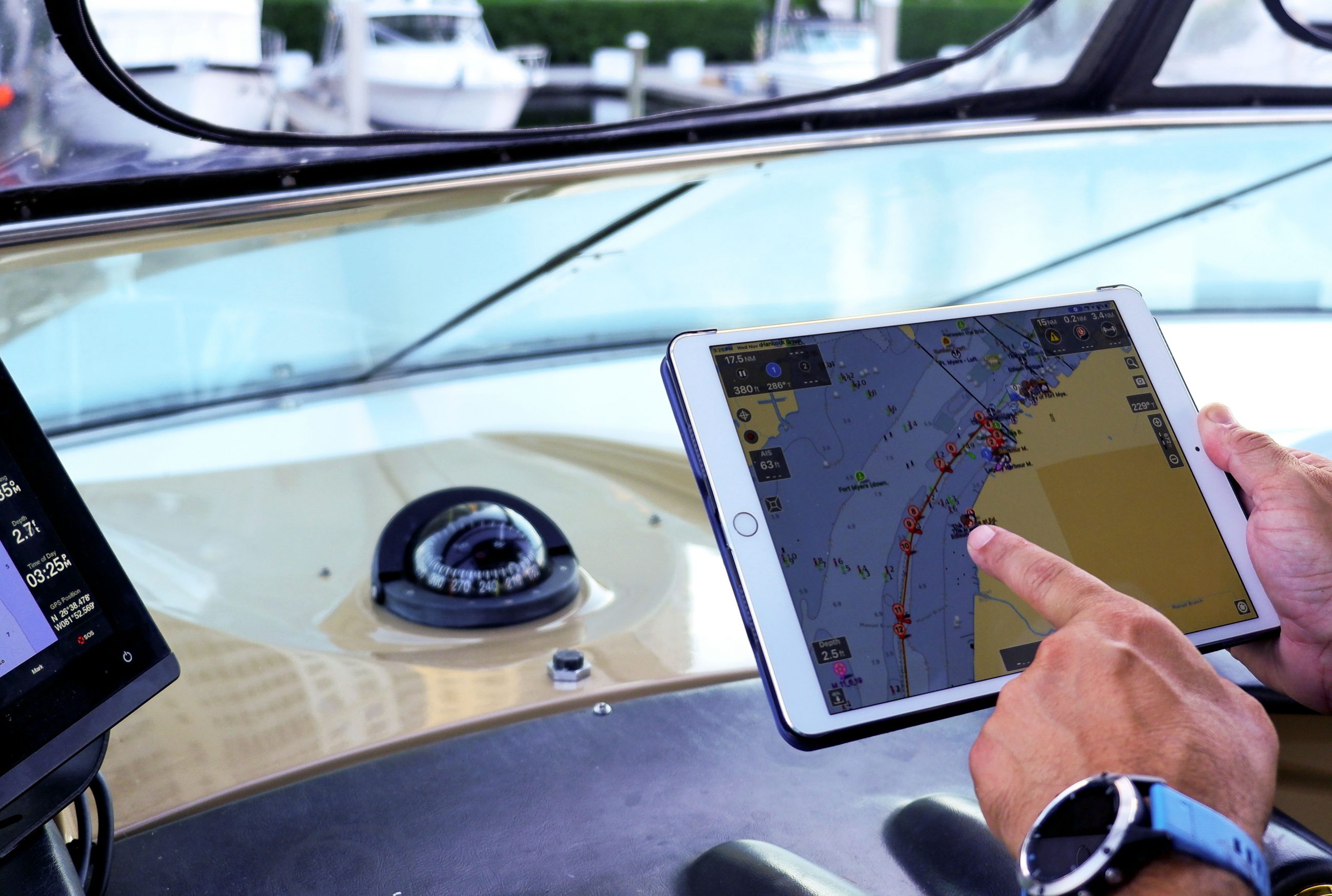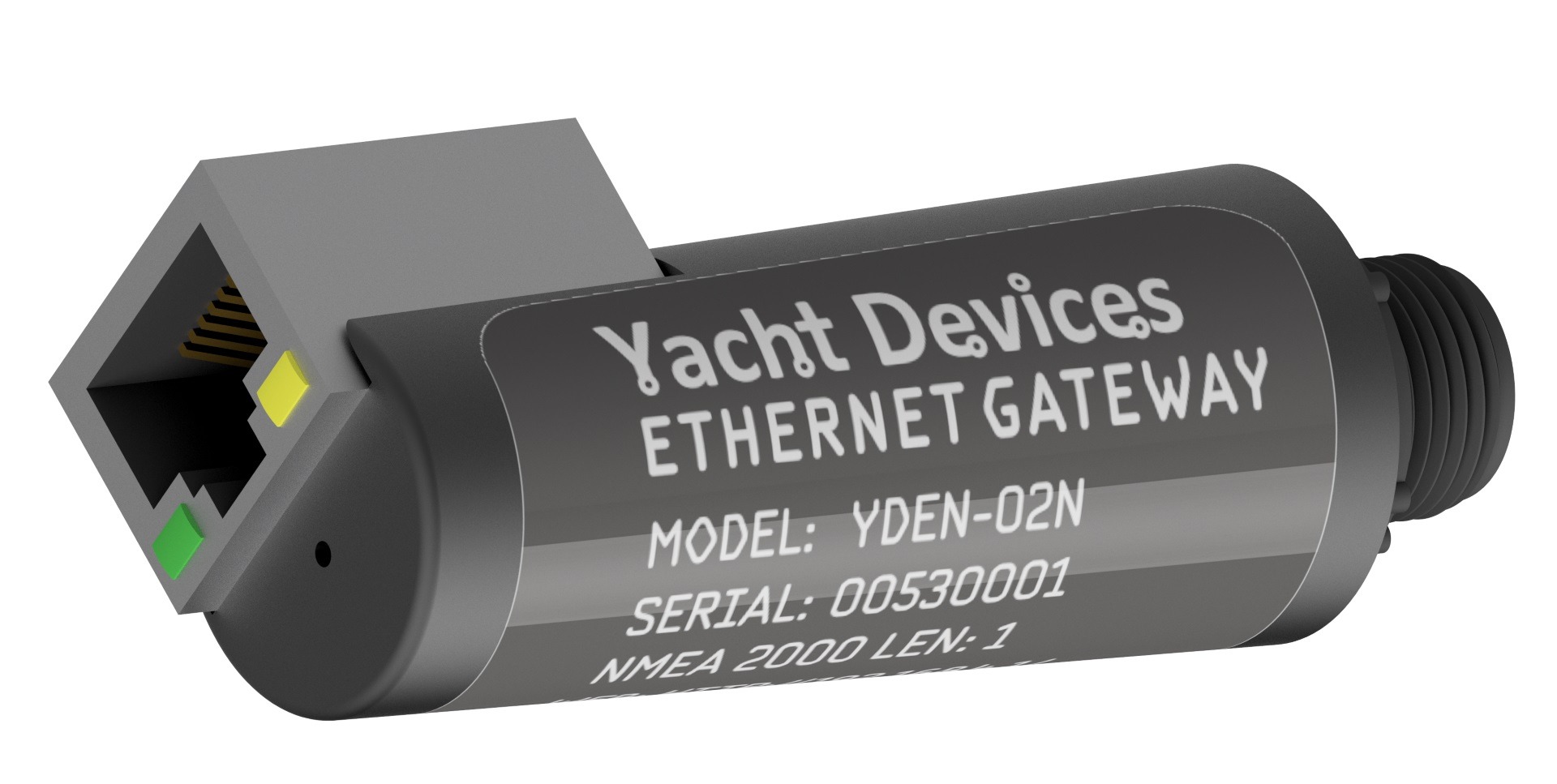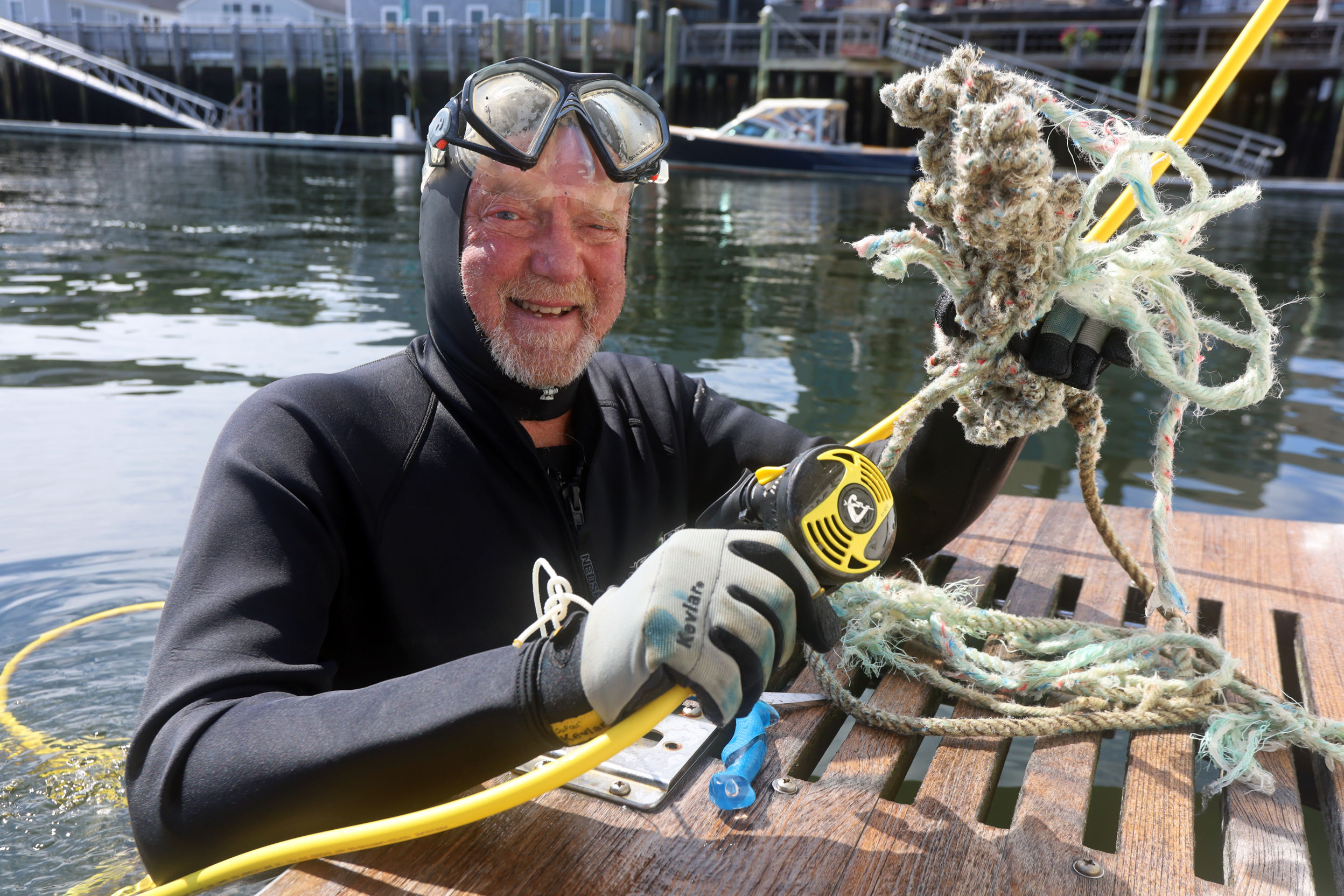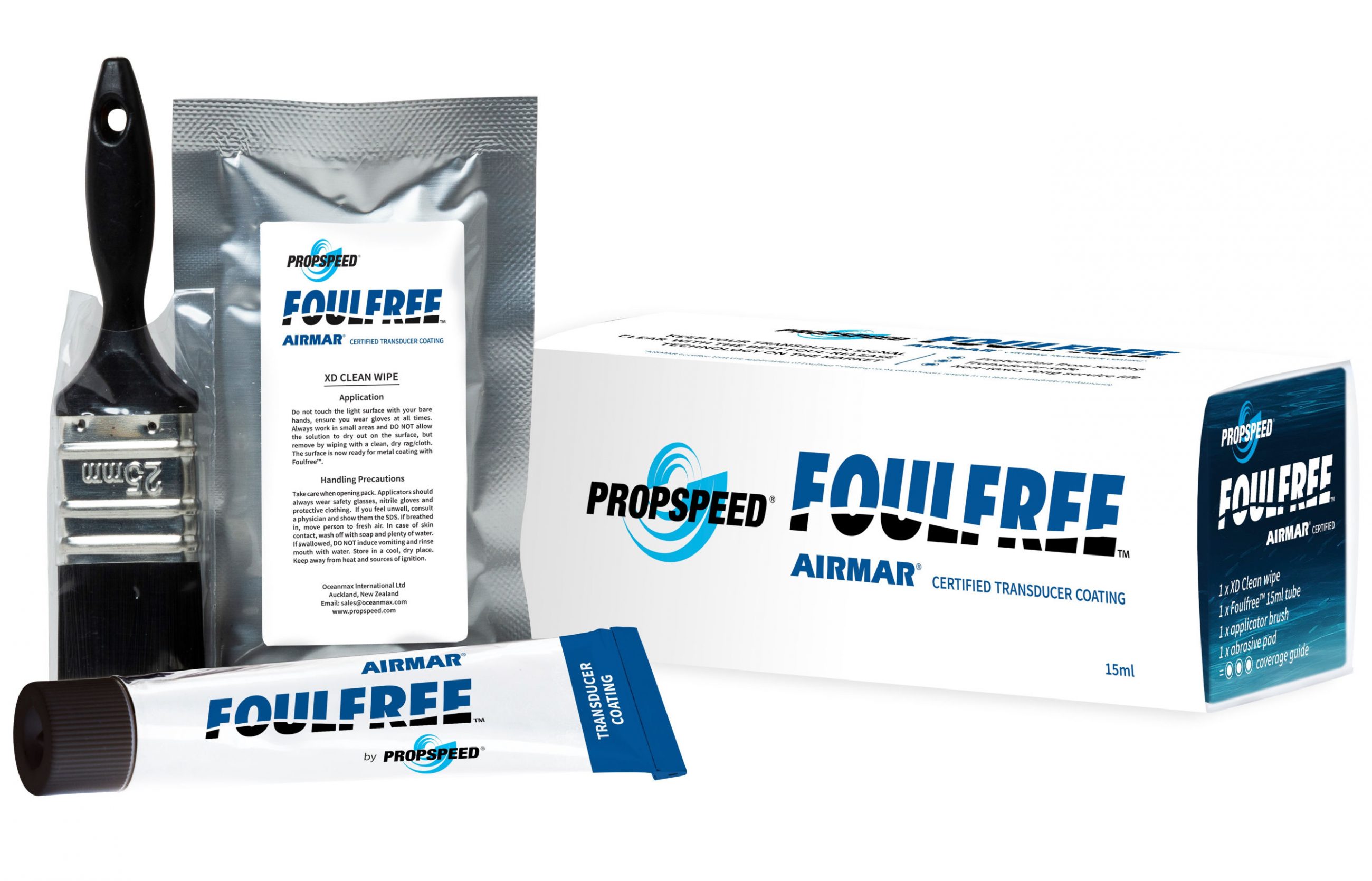Monthly Archive: November 2019
Many of us carry an EPIRB or PLB satellite distress beacon for worst-case emergencies at sea, and while they’ve earned an excellent success record, they also have a nerve-racking drawback. The rare boater who actually activates one will not know if the distress message was received until the search and rescue heroes actually show up. Or don’t show up! But that intensely tense uncertainty is about to change thanks to a newly revealed technology called the Return Link Service (RLS)…
Things are just things, right, and they don’t really die. But during a recent conference call with NOAA’s Office of Coast Survey, a genuine feeling of grief bubbled up within me. And since I can’t keep my mouth shut, I learned that some of our “Nation’s Nautical Chartmakers” are also feeling the pain. The demise of the traditional chart is going to be sad for many of us, no doubt about it. But please don’t jump to dire conclusions until you know all that NOAA plans…
METSTRADE opens next week at the huge RAI Amsterdam Convention Center, which also owns the show. I again look forward to joining a global crowd of marine equipment folks amidst a forest of manufacturer stands and other exhibits. But actually I already spend two October days in a RAI warehouse with fellow jurors carefully examining an interesting selection of new gear, and the goal of this entry is to shed some light on the DAME Design Awards choices that resulted…
Boats that spend a lot of time in the water typically have bottom paint applied to reduce fouling growth. Transducers are in the same water as the rest of the boat, but most bottom paint can’t be used on transducers. Unfortunately, the paints compatible with transducers aren’t as effective. Propspeed, the New Zealand based company that makes coatings for props, shafts, and underwater lights, has introduced Foulfree for transducers. Foulfree is a foul-release product, not a biocide and it’s the first product certified by Airmar for use on their transducers.
Yacht Devices has introduced an NMEA 2000 Battery Monitor.
The device reports battery voltage, current, health and charge state to NMEA 2000 and can turn on the genset or warn when the battery state is critical.
Most boaters carry around an impressively powerful and easy to use computer in their pockets: their smartphone. Smartphones have enough processing power, sensors and capabilities to augment or possibly even replace dedicated navigation equipment onboard your boat. Mobile phone and tablet apps for boating have steadily improved and today offer a compelling set of functionalities that can make boating both safer and easier.
New product: Yacht Devices NMEA 2000 Ethernet Gateway
connects navigation PCs and laptops to NMEA 2000 over Ethernet, Garmin Marine Network, Raymarine SeaTalk HS or Furuno NavNet, and allows bridging of NMEA 2000 networks
With winter setting in fast, it’s nice to remember summer, even a cruising hassle like snarling lobster trap gear around Gizmo’s running gear. During my 48 years in Maine waters, the catch has increased from 20 to 120 million pounds and the pot buoy systems have gotten significantly tougher; so snagging one has become much more of a hazard. But the grin above is not just because I’d finally cut away this particular mess; I think I’ve found a reliable snarl solution that will even work out in the remote Maine islands that lobsters, lobstermen, and cruisers all appreciate…
Propspeed, leading innovator of underwater coatings, announced today the introduction of a revolutionary foul-release coating designed specifically for transducers –Foulfree. Designed by industry-leading engineers and designated by Airmar as a certified transducer coating, Foulfree releases marine growth, reducing the maintenance needed to keep transducers clean and streamlining water flow…


